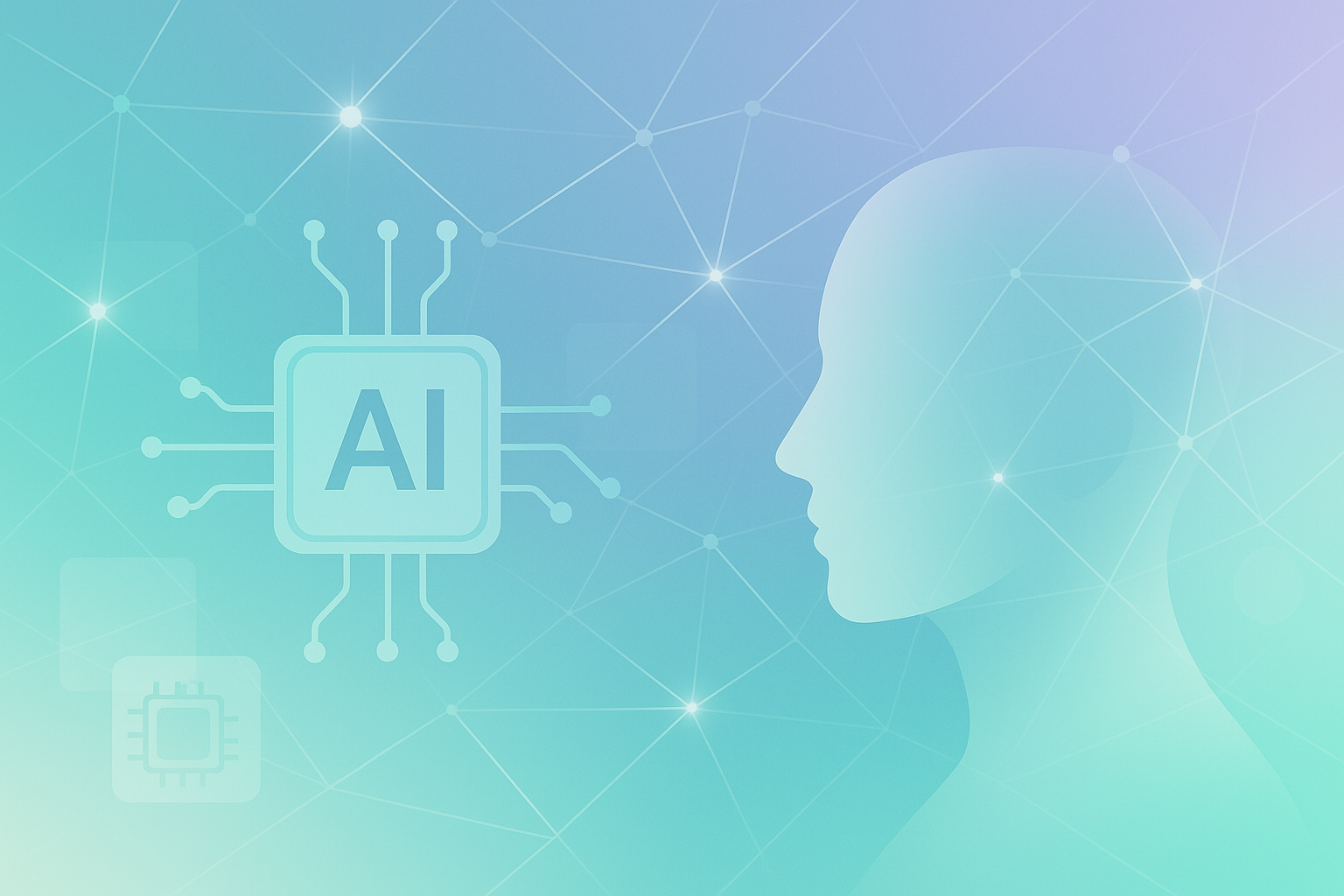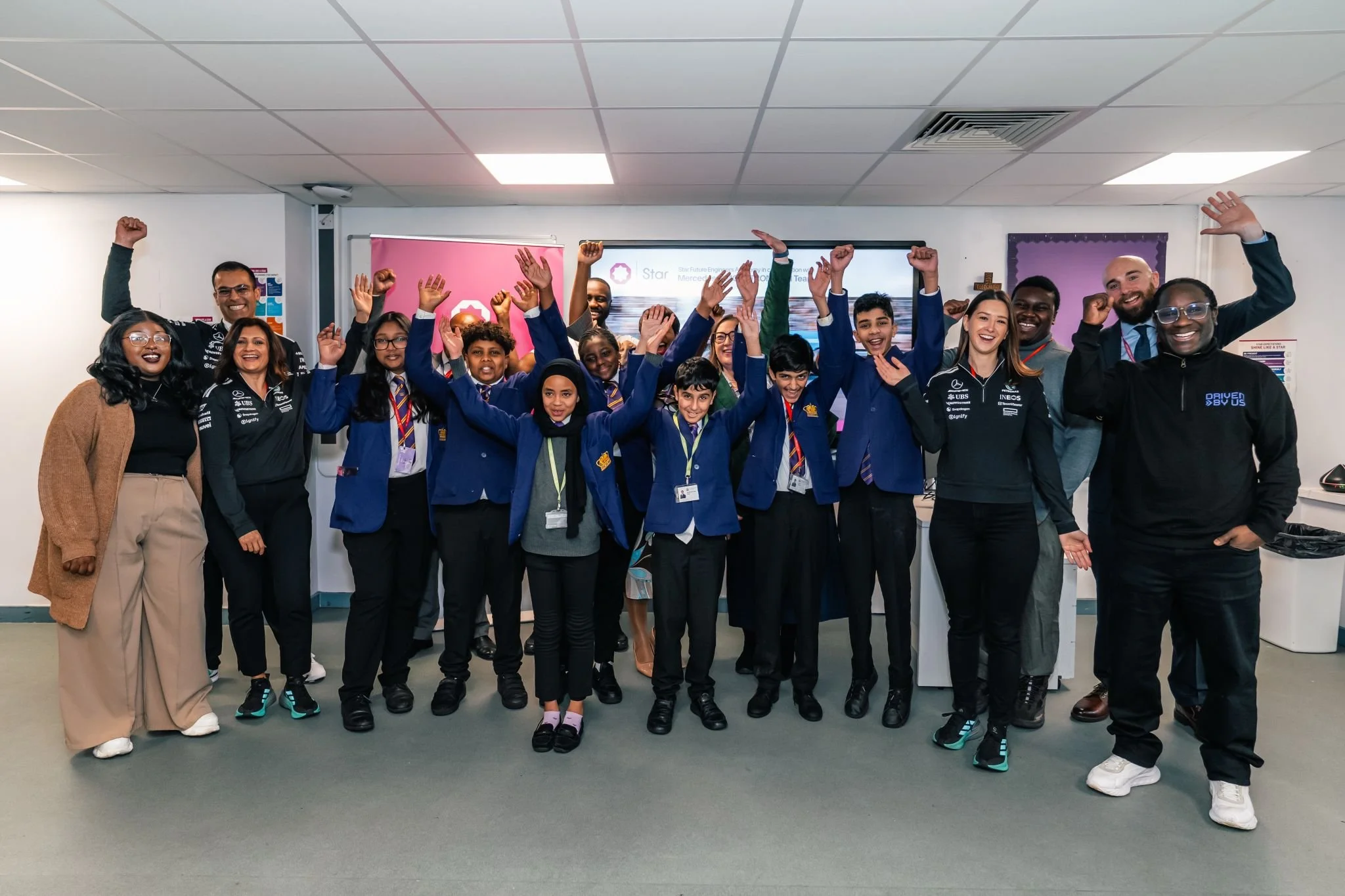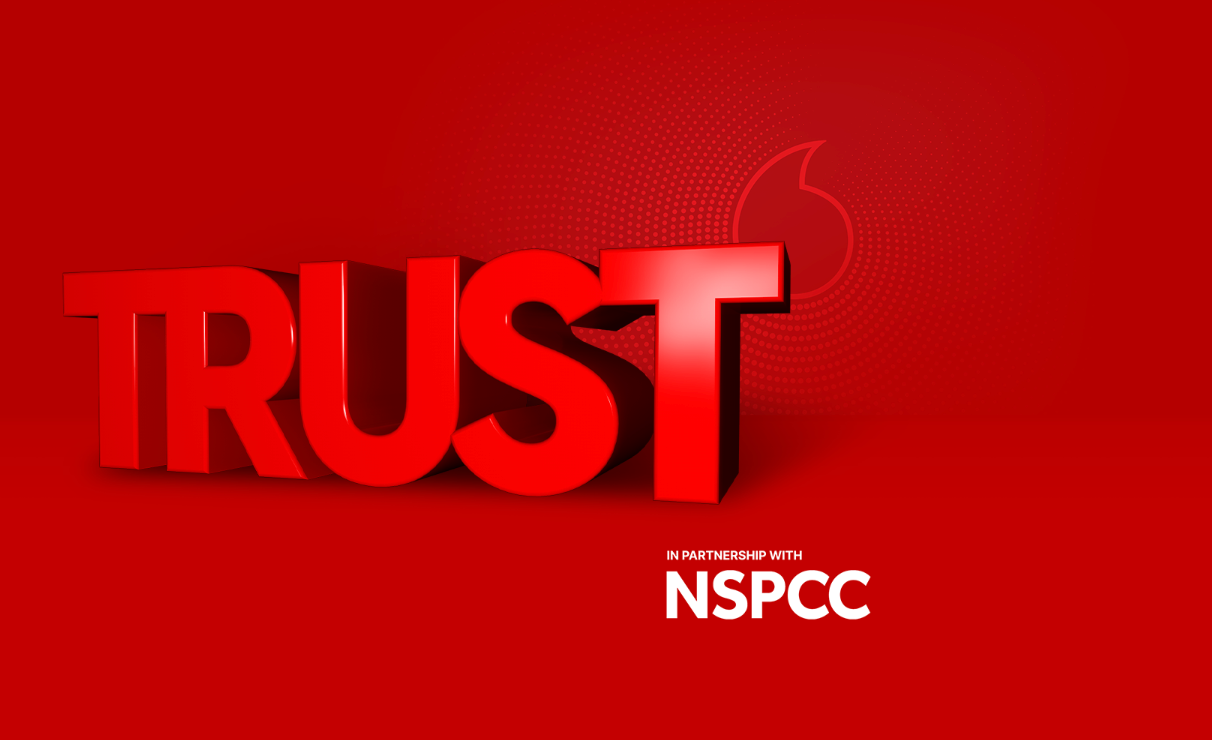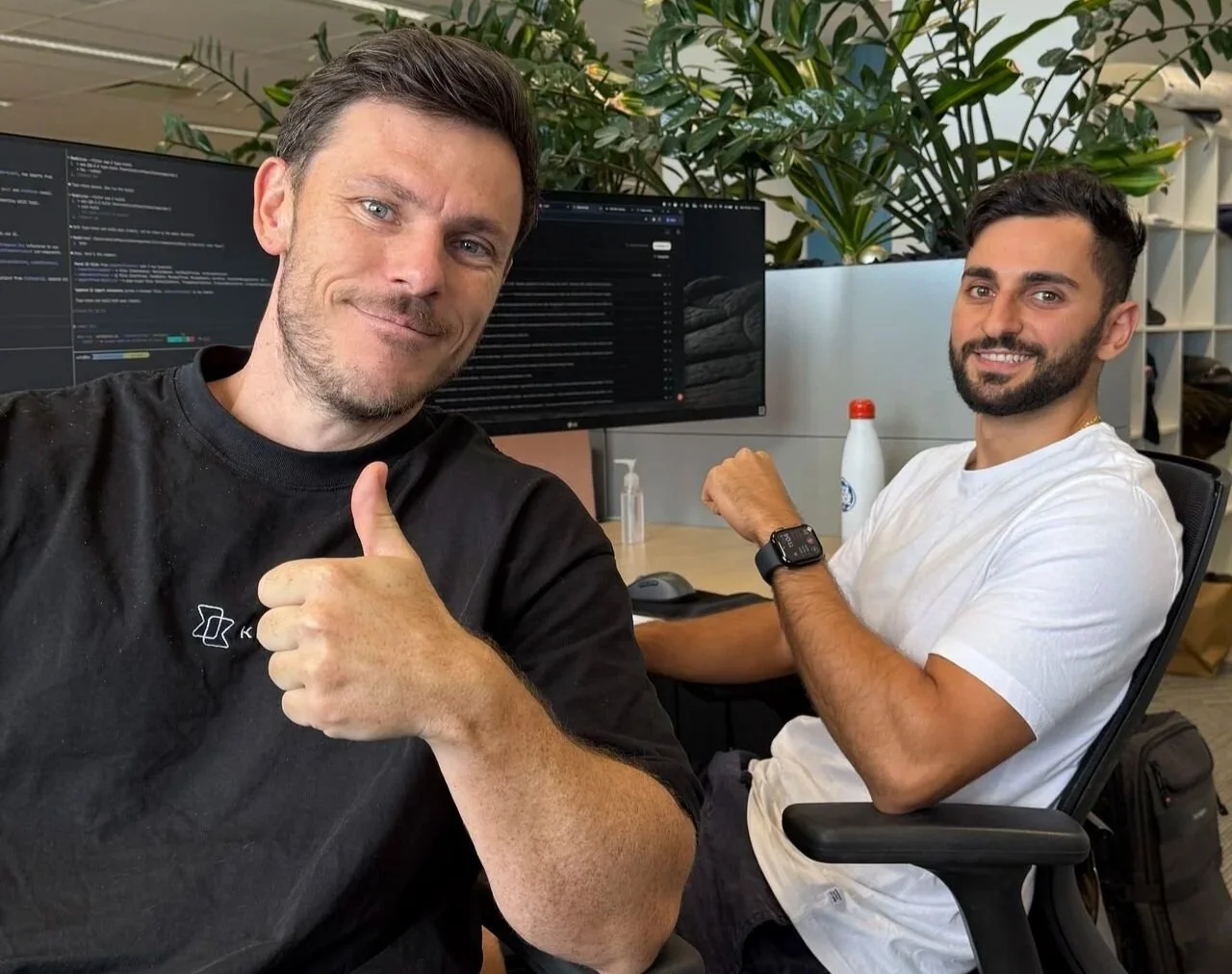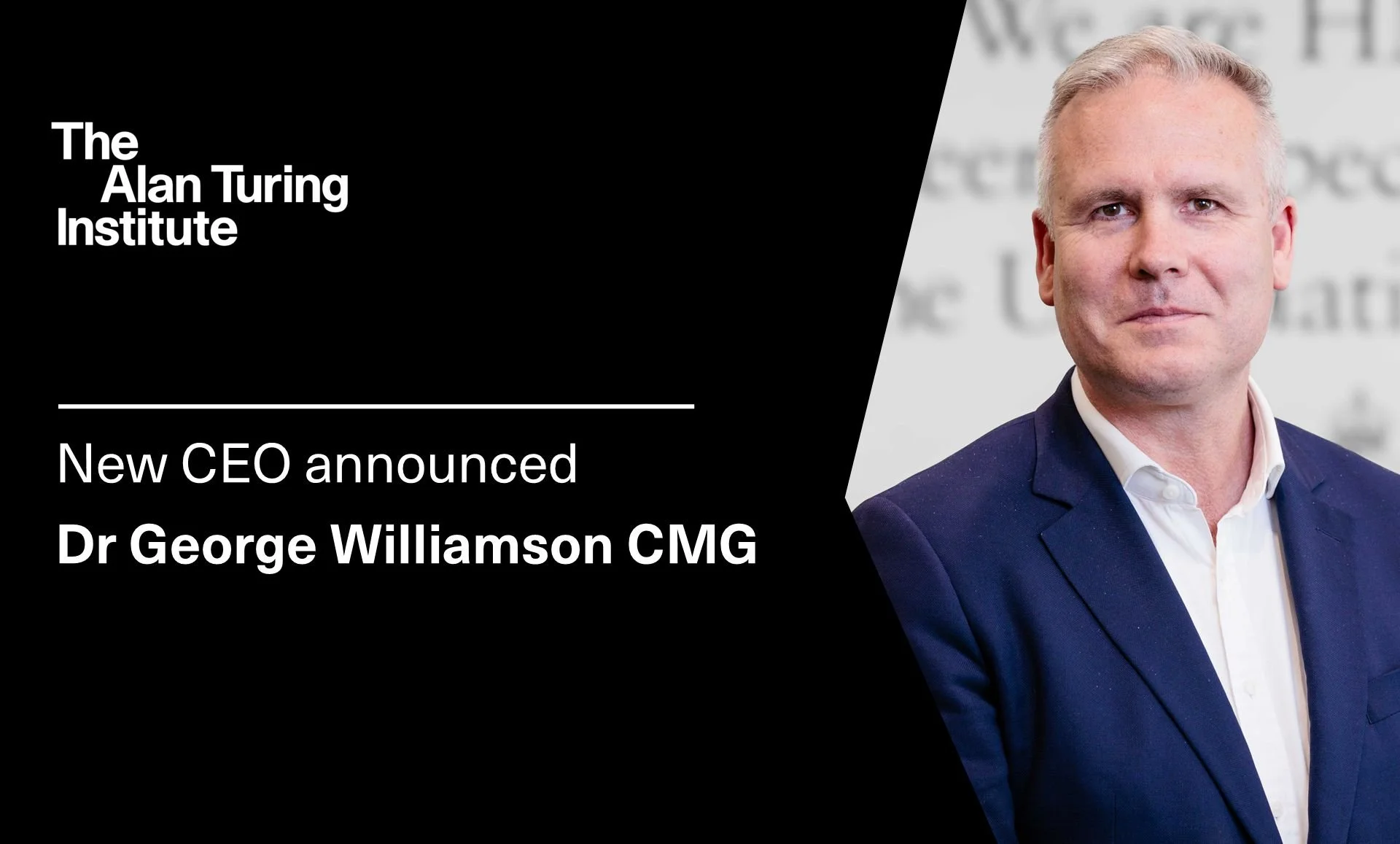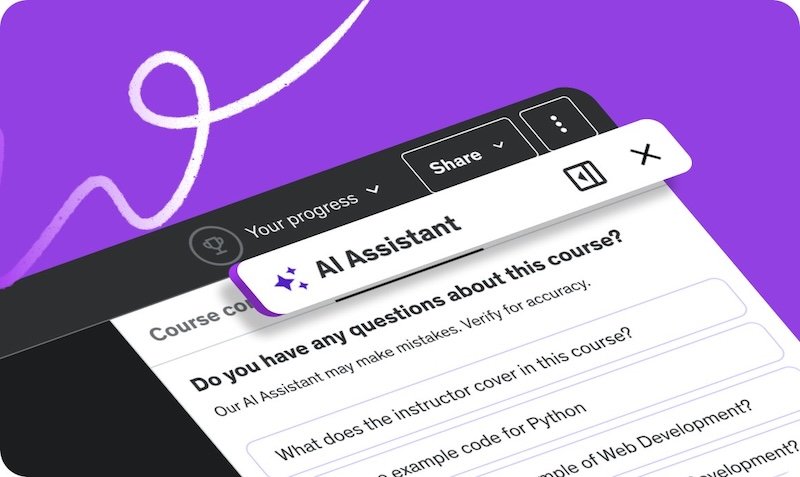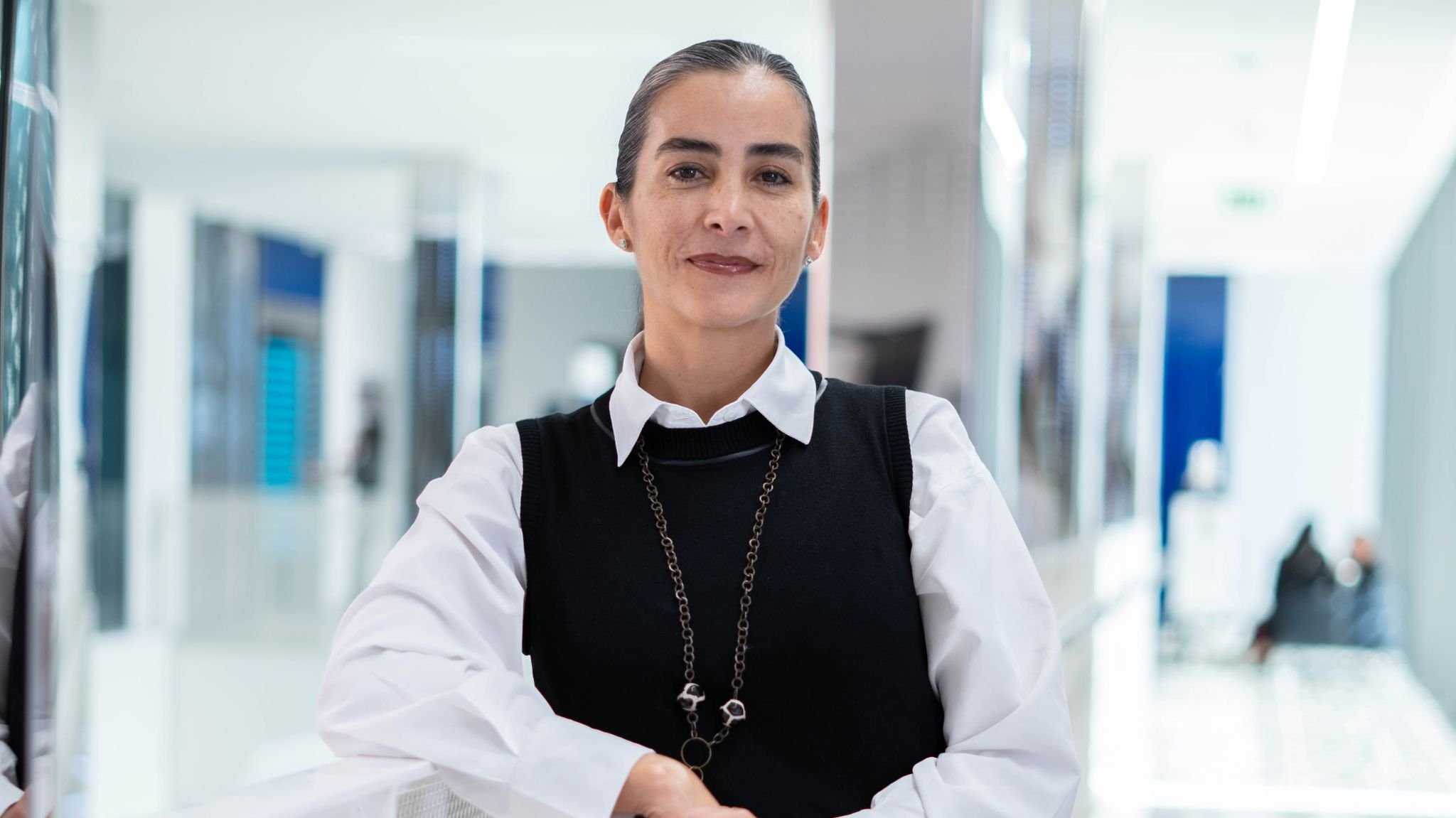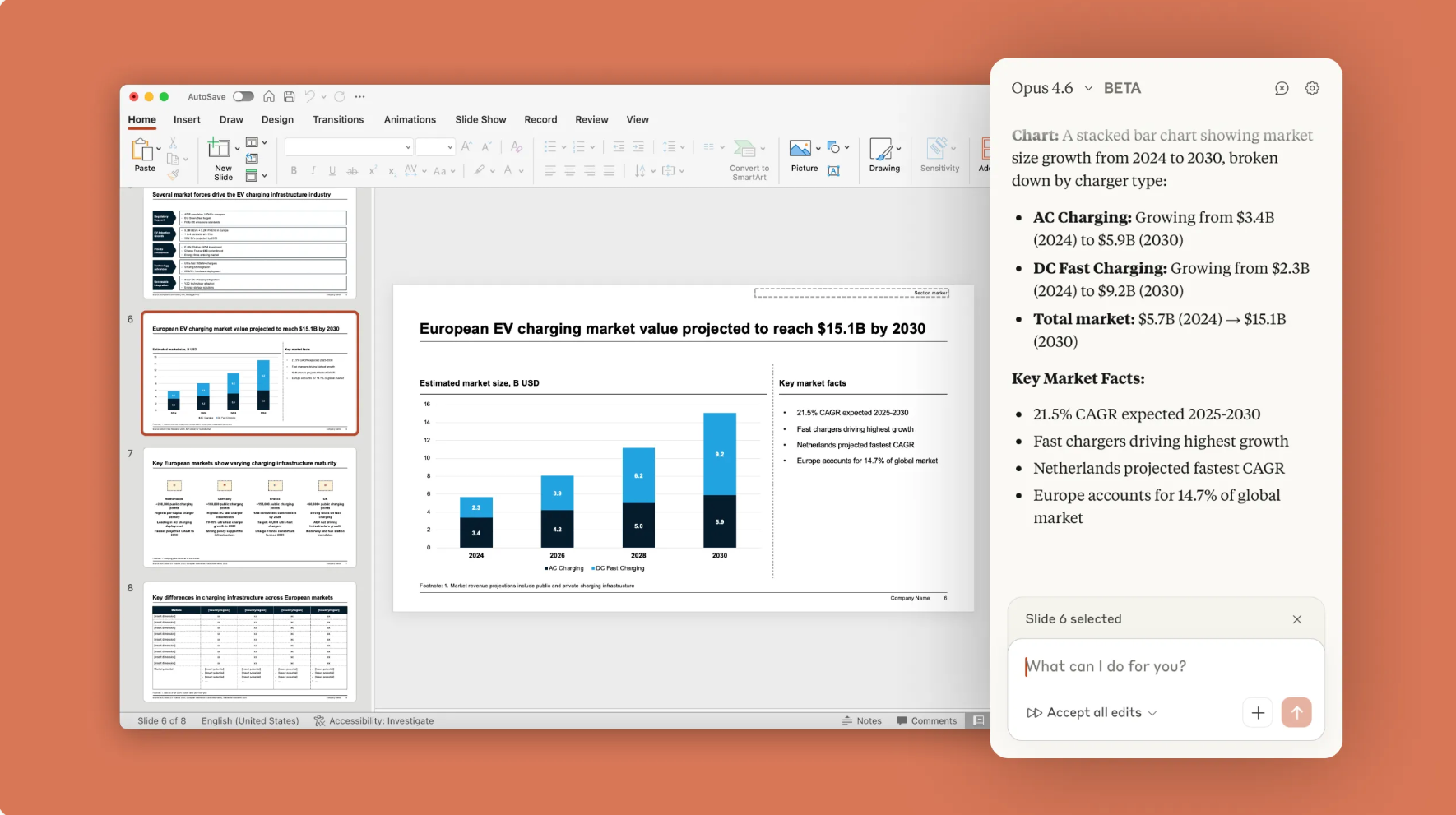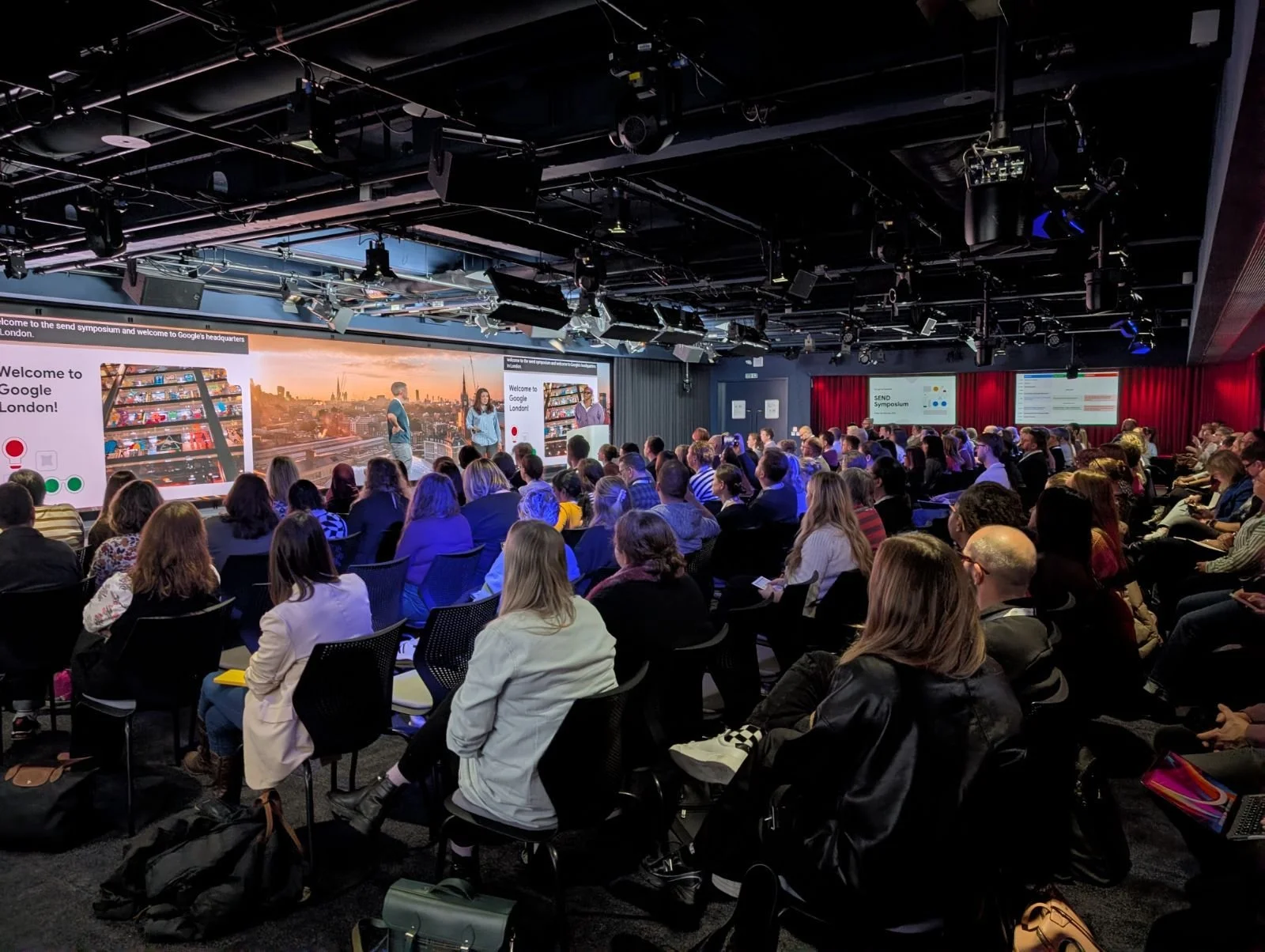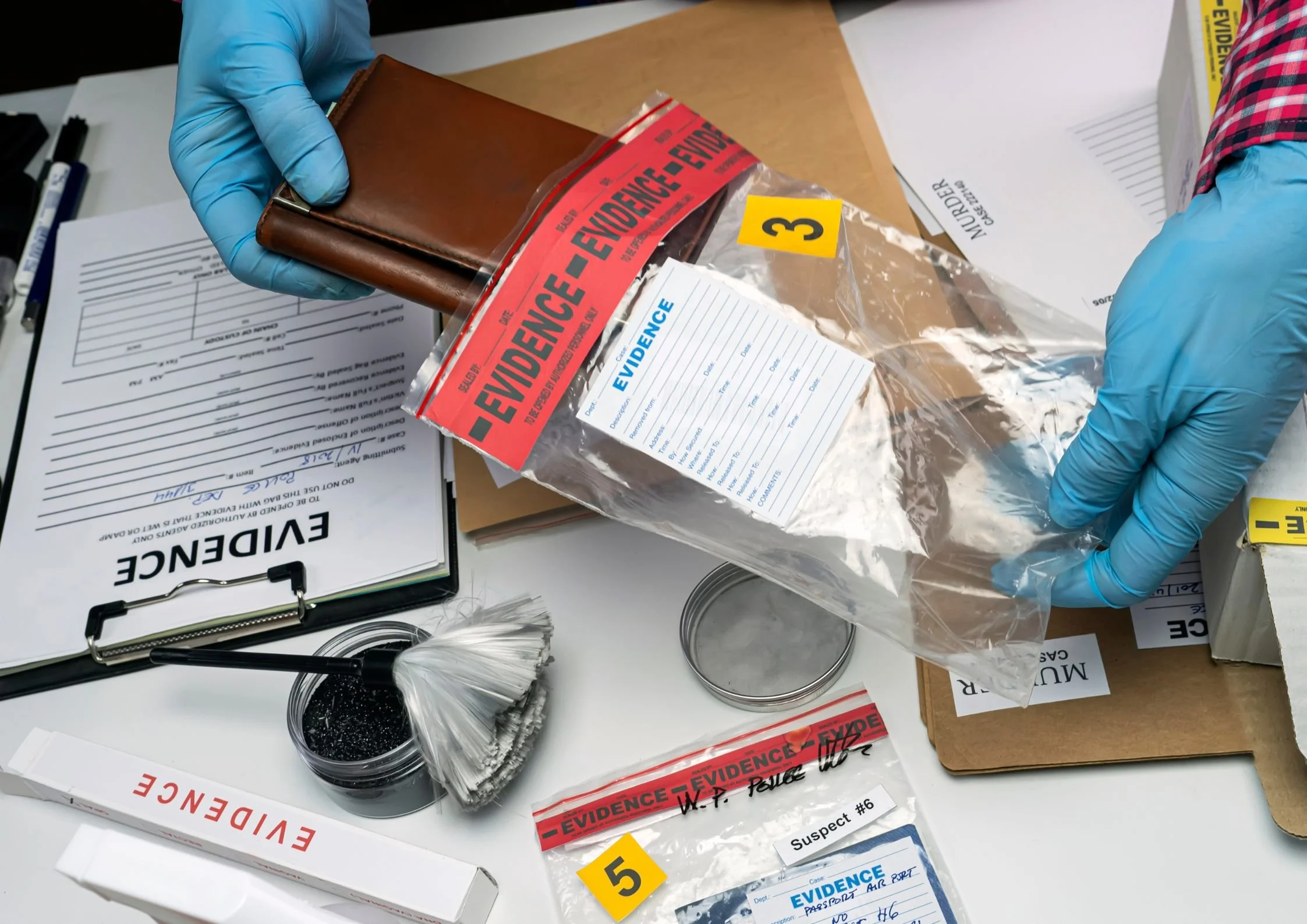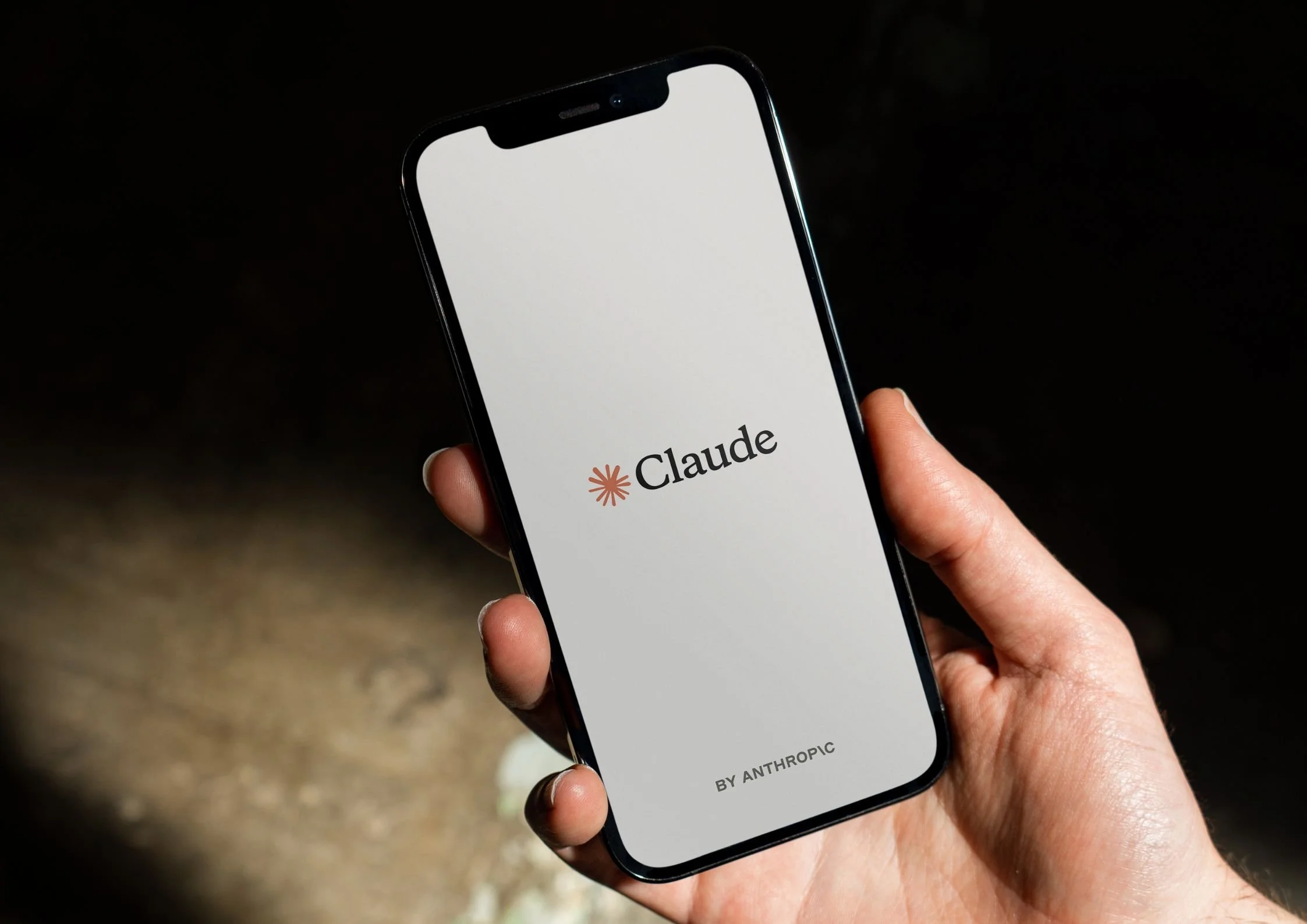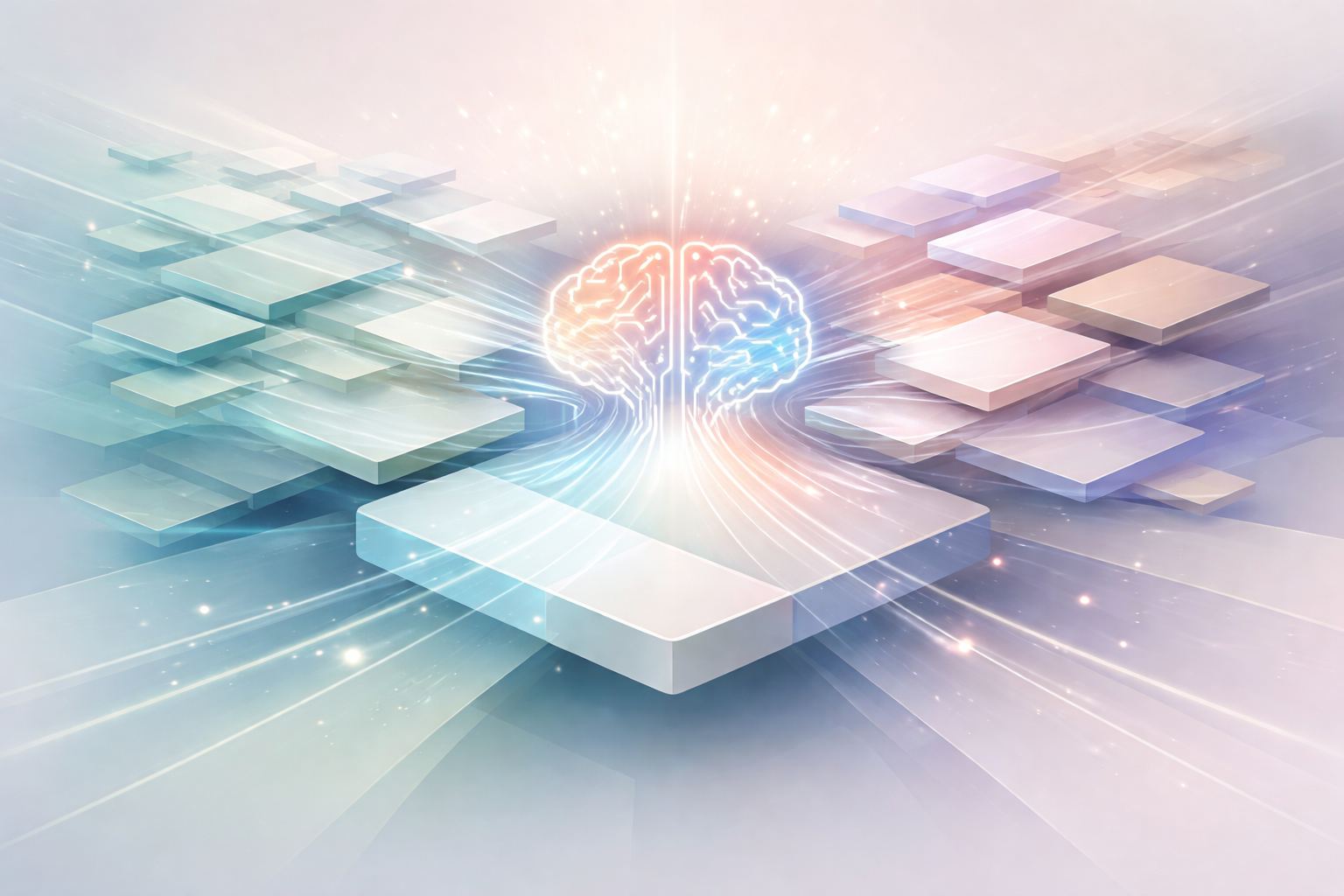Tech giants Microsoft, Anthropic, and NVIDIA agree new AI partnerships around Claude
Microsoft, Anthropic, and NVIDIA have announced a series of new agreements that expand Claude model access on Azure, add large-scale compute commitments, and launch joint engineering efforts across future AI architectures.
The companies say the new arrangements will widen access to Claude for Azure customers, align upcoming NVIDIA architectures with Anthropic’s workloads, and extend Claude across more Microsoft productivity tools, including Microsoft 365 Copilot and Excel.
Claude models roll out across Microsoft Foundry and Copilot
Anthropic has made Claude Sonnet 4.5, Haiku 4.5, and Opus 4.1 available in public preview in Microsoft Foundry, where Azure customers can build production applications and enterprise agents. The rollout allows organizations to integrate Claude into their existing Microsoft environments without taking on extra vendor contracts or tooling.
Developers can use Claude in Foundry alongside Claude Code, Anthropic’s coding agent, and connect through Python, TypeScript, and C# SDKs using Microsoft Entra authentication. Anthropic is delivering Claude via serverless deployment, with a Global Standard deployment available now and a US DataZone option planned.
Anthropic positions Sonnet 4.5 for sophisticated reasoning and agentic workflows, Haiku 4.5 for high-volume, latency-sensitive tasks, and Opus 4.1 for detailed, reasoning-heavy workloads. Foundry users can access platform capabilities such as code execution, web search and fetch, citations, vision, tool use, and prompt caching.
On the productivity side, Anthropic notes that Claude already powers the Researcher agent in Microsoft 365 Copilot and supports custom agent development in Copilot Studio. Microsoft’s Agent Mode in Excel now includes a preview option to use Claude for building and editing spreadsheets, generating formulas, identifying errors, and analyzing data directly inside Excel.
Agreements focus on reducing deployment barriers
Anthropic states that many enterprises using Microsoft Foundry and Microsoft 365 Copilot face delays when adopting new AI tools because of separate procurement processes and billing requirements. By making Claude eligible for Microsoft Azure Consumption Commitment and existing Azure agreements, the companies aim to remove these steps and allow teams to scale faster.
Azure AI Foundry customers can now deploy Claude Sonnet 4.5, Claude Haiku 4.5, and Claude Opus 4.1 directly from the Foundry catalog. According to the partners, Claude is now the only frontier model accessible across all three major global cloud platforms.
Anthropic scales Claude on Azure with NVIDIA-powered systems
Anthropic is scaling the Claude model family on Microsoft Azure using NVIDIA hardware. The company has agreed to purchase 30 billion dollars’ worth of Azure compute capacity, with the option to contract up to one gigawatt more.
NVIDIA and Anthropic are also teaming up on new engineering work focused on aligning future systems to Anthropic workloads. The effort includes model optimization for performance and cost-efficiency and early development tied to NVIDIA Grace Blackwell and Vera Rubin systems.
As part of the wider set of agreements, NVIDIA plans to invest up to 10 billion dollars in Anthropic, with Microsoft committing up to 5 billion dollars. Anthropic cofounder and CEO Dario Amodei, Microsoft Chairman and CEO Satya Nadella, and NVIDIA founder and CEO Jensen Huang discussed the collaborations publicly, underscoring the scale of the alignment between the three tech giants.
Microsoft says Claude will remain available across its Copilot products, including Microsoft 365 Copilot, GitHub Copilot, and Copilot Studio. Combined access to OpenAI and Anthropic models in Foundry is being framed as part of the company’s broader multi-model approach to enterprise AI.
In a LinkedIn post, Asha Sharma, President of CoreAI Product at Microsoft, wrote:
“Excited to announce that today we are the only hyperscaler offering both OpenAI and Anthropic model families + 11,000 more. We are giving customers the freedom, flexibility, and power to build the best AI applications on the planet. We live in a multi-model world and Microsoft Foundry is the home for all of it.”
The ETIH Innovation Awards 2026
The EdTech Innovation Hub Awards celebrate excellence in global education technology, with a particular focus on workforce development, AI integration, and innovative learning solutions across all stages of education.
Now open for entries, the ETIH Innovation Awards 2026 recognize the companies, platforms, and individuals driving transformation in the sector, from AI-driven assessment tools and personalized learning systems, to upskilling solutions and digital platforms that connect learners with real-world outcomes.
Submissions are open to organizations across the UK, the Americas, and internationally. Entries should highlight measurable impact, whether in K–12 classrooms, higher education institutions, or lifelong learning settings.

